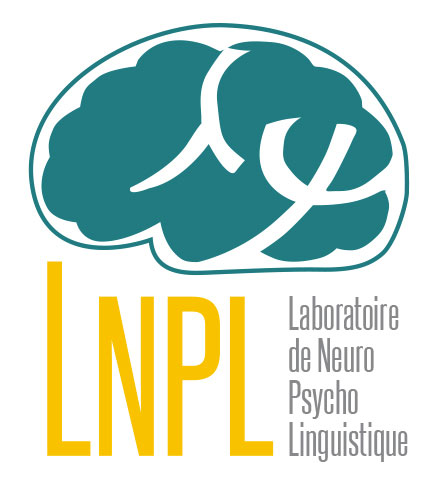-
Partager cette page
Conference of Multilingualism (COM), Toulouse Jean Jaurès University

The Conference on Multilingualism has a longstanding tradition, albeit under different names. Founded in 2005 at the University of Trento (Italie) as ‘Workshop on Bilingualism’, it has been held unter the titel ‘Workshop of Neurobilingualism’ in Donostia/San Sebastian (Spain) in 2010, and Groningen (NL), among others. Since the 2016 edition held at Ghent University in Ghent (Belgium), the conference has adopted the title ‘Conference on Multilingualism’, to include a broader range of aspects of multilingualism. Recent editions have been held in Konstanz (2021) and Aix-en-Provence (2024).
Following the tradition, the conference is open to the numerous aspects of bi- and multilingualism within the broad scope of cognitive sciences, particularly language and speech sciences, neuro- and psycholinguistics, psychology, neurology, education, among others. However, the 2026 edition will, as reflected by the invited keynote speakers, focus specifically on the topic of language control, that has given rise to fierce debates in recent years, and on acquired language disorders in multilingual speakers, topics traditionally developed at the host laboratory, LNPL. Additionally, we specifically invite studies focusing on the relation between bilingual speakers and their environment, as for example in the perception of accented speech.
Keynote speakers :
Prof. Mathieu Declerck (Université Libre de Bruxelles, Belgique) plus
Dr. Alice Foucart (Universidad Nebrija, Madrid, Espagne) plus
Dr. Miguel Angel Santos Santos (Unidad de Memoria Sant Pau, Barcelona, Espagne) plus
We invite submissions for posters and papers addressing specifically one or several of the following questions:
- What is the role of language control in language cognition in different speakers? To what degree are processes at play in multilinguals also used in monolinguals and what are the specificities of the former? How could we develop integrated neurocognitive models of mono-, bi and multilingual language use?
- How does the multilingual mind/brain develop over the life-span? What are the neurocognitive consequences of multilingualism over time? How can we use insights from such studies to allow for healthier aging of all speakers, mono-, bi- and multilinguals alike?
- How does multilingualism contribute to cognitive and neural reserve, potentially mitigating the effects of neurodegenerative diseases on language and cognition? What are the best practices for assessing and treating speech and language disorders in multilingual populations, and how can these practices be improved to better serve culturally and linguistically diverse communities?
- What are the specificities of speakers of more than one language with respect to language processing but also in other domains of cognition? How could we achieve a better understanding and acknowledgement of these specificities, eventually contributing to a more inclusive society?
However, submissions of any topic related to bi- or multilingual language processing are invited, concerning any language and any type of population.
Important dates:
- November 10th: Opening of abstract submission
- January 15th: Abstract submission closes
- March 10th: Notification of acceptance and opening of early bird registration
- April 15th Closing of early bird registration, opening of regular registration
- May 27th -29th Conference on Multilingualism
More information will be provided in the next weeks on the conference homepage: https://com2026.sciencesconf.org/?lang=en
For any questions, please contact the local organising committee at com2026@univ-tlse2.fr

